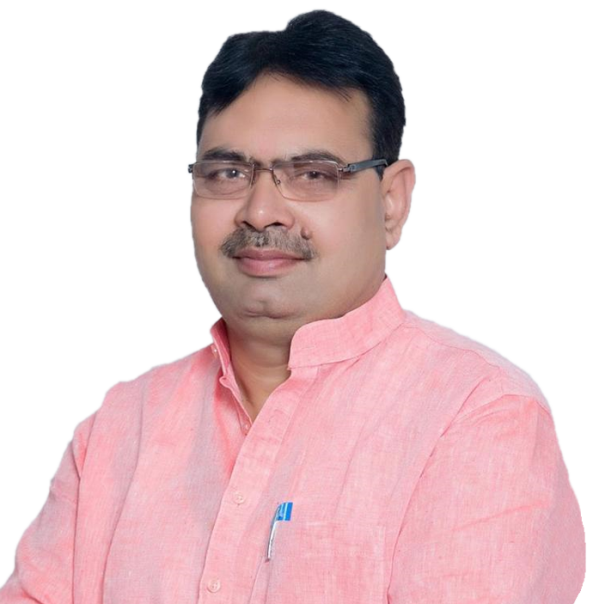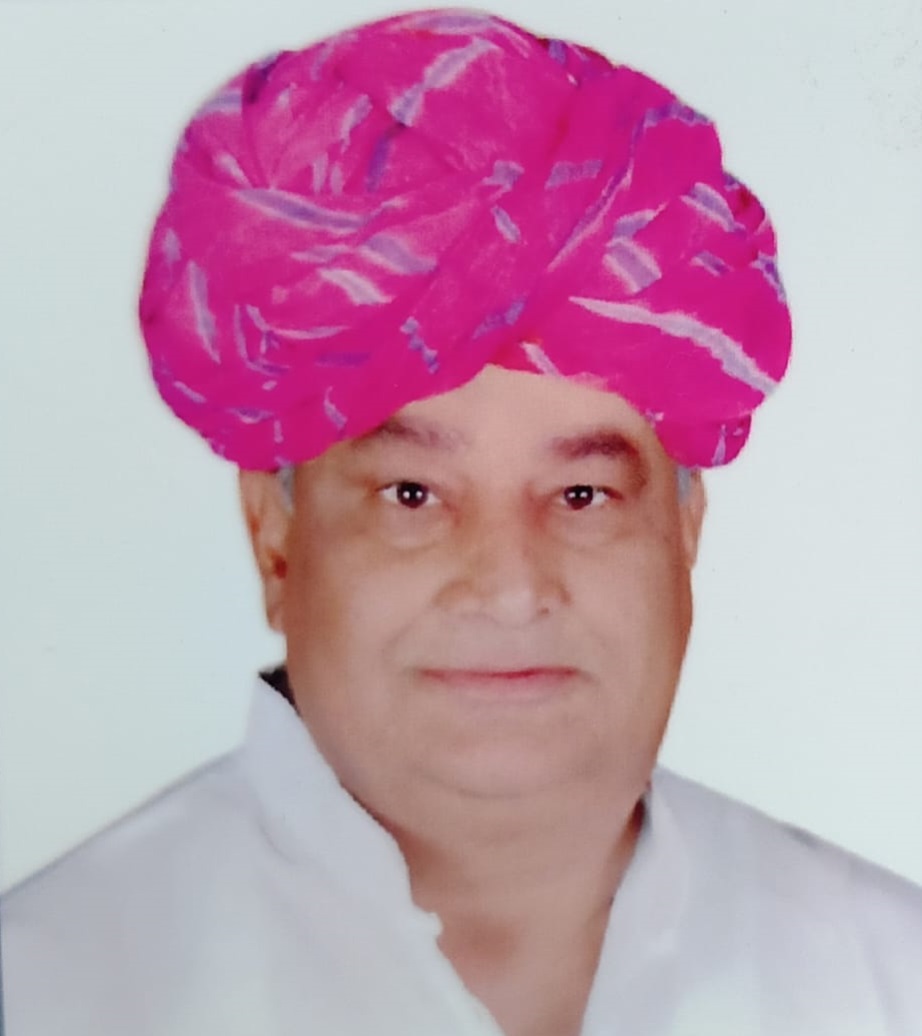 Rajasthan Government
Rajasthan Government
 Mr. Bhajan Lal Sharma
Mr. Bhajan Lal SharmaHon'ble Chief Minister
 Mr. Kirodi Lal Meena
Mr. Kirodi Lal MeenaHon'ble Minister Rural Development Department
Poor has multiple livelihood as coping mechanism for their survival. The existing major livelihoods of the rural poor in Rajasthan are: wage labour, agriculture on small and marginal land holding, cattle rearing, forest produce collection and traditional nonfarm occupations. The net income and employment generation from existing livelihood are not adequate to meet their expenditure.
RGAVP, being an umbrella organization is committed to promote livelihoods for all the rural poor people in the state of Rajasthan across the projects. The project intends to look at the entire portfolio of livelihoods of each poor household, and work towards stabilizing and enhancing the existing livelihood and subsequently diversifying their livelihoods.
RGAVP has initiated promoting and strengthening of livelihoods of rural poor in Farm and Non-farm sectors. The initiatives include developing institution of poor around the existing livelihood activities, identifying gaps in the entire value chain and bridging those gaps through various interventions like capacity building, market and infrastructure support. This is being done with the support of sector support organizations. Also in some selected districts, where higher level institutions already exist and they require some livelihood intervention, our district and State team together have developed specific livelihood sub-projects and plan to implement them. Wherever required, the support of technical agency will also be taken.
a. Strengthening of farm based livelihoodsTo start with, RGAVP has identified 3 districts namely Jhalawar, Udaipur and Churu, where about 2000-3000 households in each districts would be organized around one or two activities, which are prominent in that area and have potential to be scaled up. The technical support agency/ sector support organisation would help organize the community and work further on value chain development. The suitable institution in the form of Producer collectives/ producer organization would also be formed to help the community for better availability of inputs and market for better price realization of their produce. ` The technical support agency has been taken on board through open and transparent procurement process followed as per the World Bank guidelines. For strengthening of farm based livelihoods in 3 districts, Indian Society of Agribusiness Professionals (ISAP) has been selected as Sector Support Organisation/Agency.
b. District Livelihood Sub- ProjectRGAVP has also taken the initiatives with the help of existing higher level community institutions to identify the potential livelihood activities. The suitable interventions are planned and executed by district livelihood team with the support of State livelihood team. The services of technical agency, wherever required may also be taken. Six such sub-projects have been identified in 5 districts. The list of district wise potential activities is given below:
The above projects have been conceptualized by the project staff considering the need of the area. They will be implemented with support of a suitable agency, which would be engaged by following proper procurement process.
c. Supporting Existing Producer OrganizationsRGAVP has developed a policy to support existing producer organizations functioning in the State. The support is intended to scale up their business and extend the services to their primary members – our SHG members. So far, 01 Producer organizations ‘Apni Saheli Producer Company Ltd., Dholpur has been given support of Rs. 5.00 lakh.Some more Producer Organization will also be identified and will be supported through sectoral fund in FY 2015-16.
d. Knowledge Management in LivelihoodRGAVP has entered into an MoU with NRLM Support Organization - digital Green to seek support in developing the audio-visual training materials for dissemination of farm based best practices. The digital Green will initiate its intervention in 50 selected villages of Resource blocks. The process for procurement of equipments (pico projectors & production equipments) is going on.
The project is being implemented in 19 blocks of 7 districts – Dungarpur, Dholpur, Dausa, Ajmer, Alwar, Bundi and Tonk. It is 3 year project and total families to be covered are 25,500. The project is being implemented by Center for Micro-finance (CmF) with the support of 6 implementing filed partners.
Progress so far: More than 15000 families have been covered under sustainable agricultural practices. The community cadre like 450 Krishi Sakhi and 150 Pashu Sakhi have been trained under the project and they are providing services to SHG members.
CMSA is meant to support the poor farmers to adopt sustainable agriculture practices, to reduce the costs of cultivation and increase net incomes. The initiative aims to address the major causes of agriculture distress - extensive use of chemical inputs, high costs of agriculture, displacement of local knowledge, unsustainable agricultural practices like mono cropping, imperfect markets etc. It involves making best use of locally available natural resources and takes best advantage of the natural processes. The main objective of CMSA is to bring sustainability to agricultural based livelihoods, with special focus on small and marginal farmers, tenants, agriculture labour and women.
RGAVP is implementing CMSA programme 2 Blocks of 2 districts – Banswara and Tonk on pilot basis. The project is implemented in those blocks where sufficient community mobilization has happened and the SHG members have already availed the revolving fund and community investment fund. SERP is extending its technical support by providing Community Resource Persons (CRPs) for roll out of this strategy. The intervention involves the promotion of Sustainable agro-ecological package of practices around Soil Fertility Management, Seed Management, Pest and Disease Management and Weed Management. The targets in respect of sustainable agricultural practices at household and village level have also been envisioned under the programme.